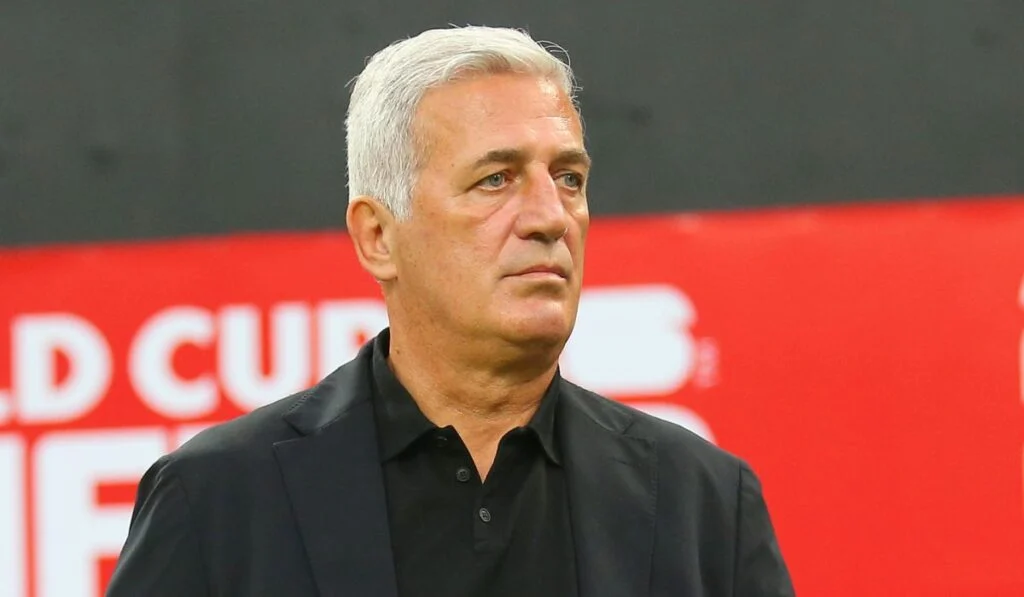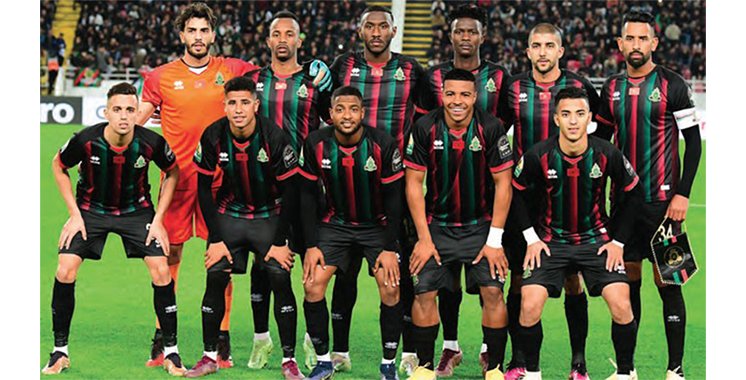Ali Fergani reflects on Algeria’s defeat to Sweden: “I feared a real humiliation”

Algeria’s 4-3 defeat to Sweden in Tuesday’s international friendly in Stockholm left more questions than answers, particularly after a disjointed first hour of play.
Former national team midfielder Ali Fergani, who earned 72 caps with the Fennecs, has offered a frank assessment of the match and the wider state of the team under head coach Vladimir Petkovic.
Just days before the clash in Scandinavia, Algeria secured a 2-0 win over Rwanda in Constantine. While the performance was not spectacular, it served its purpose, according to Fergani.
“The first match of a FIFA window is always tricky,” he explained. “The players are fatigued after a long season, some are recovering from injuries, and the squad is rarely complete.
Against Rwanda, the team did what was needed. The result helps with confidence, and it’s always important to win against African opposition, especially in the lead-up to the Africa Cup of Nations and World Cup qualifiers.”
However, the contrast in Stockholm was stark. Sweden raced to a 4-0 lead within the first hour, exposing significant defensive vulnerabilities in the Algerian side.
“Conceding four goals in sixty minutes is alarming, even in a friendly,” Fergani admitted. “Sweden is undoubtedly a strong team, even without key players like Alexander Isak and Viktor Gyökeres.
But the number of mistakes, the lack of cohesion — it was worrying. At one point, I genuinely feared a heavy humiliation.”
Fergani was quick to note that the timing of the match, coming at the end of the club season, was a factor, but insisted that it could not serve as a blanket excuse. “Fatigue affects all teams, not just Algeria.
The concern is the manner in which we collapsed. This kind of performance must never happen in a competitive setting.”
Despite the grim start, Algeria managed to mount a spirited comeback in the final 30 minutes, reducing the deficit from 4-0 to 4-3 in dramatic fashion.
“The substitutions made a difference,” Fergani observed. “Bringing in Bentaleb, Benzia, and Bounedjah added energy and creativity. At the same time, Sweden relaxed slightly, and that allowed Algeria to impose themselves.
That final half hour was encouraging. To come that close to equalising against a solid European side is a positive sign.”
Petkovic’s decision not to experiment further with new players also came under scrutiny, though Fergani defended the coach’s rationale.
“If he chose to rely on his established core, it’s because he believes in them,” he said. “There’s still time to integrate new faces before the AFCON if necessary.
Players like Adil Boulbina may get their opportunity, especially if they continue to perform well and move abroad. But for now, Petkovic is building a cohesive unit, and continuity has its merits.”
When asked to evaluate Petkovic’s tenure thus far, Fergani was cautiously optimistic.
“The team has qualified for the Africa Cup of Nations. That was the first objective,” he stated. “They are also top of their World Cup qualifying group with four matches left.
While nothing is guaranteed, there are encouraging signs. Compared to the disappointments of recent years — two poor AFCON campaigns and missing the World Cup in Qatar — the trajectory is clearly better.”
Before the loss to Sweden, Algeria had gone a full year unbeaten, with nine victories and a draw since their last defeat to Guinea in World Cup qualifying. For Fergani, the defeat in Stockholm, while sobering, does not overshadow the broader progress made under Petkovic.
“The balance is positive,” he concluded. “But as always in football, consistency is key. What matters now is how the team responds.”




